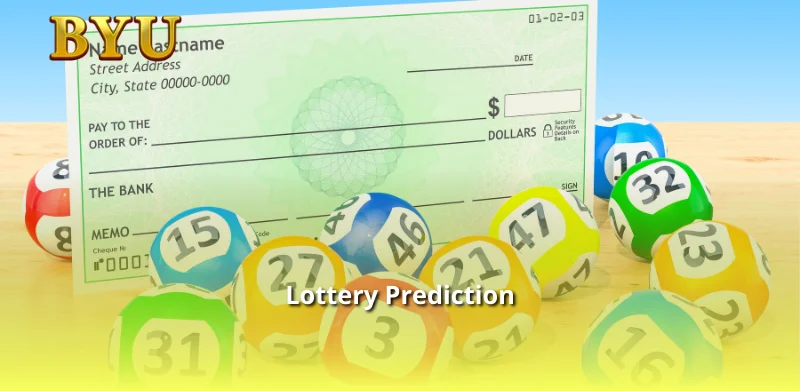jollibee 777 casino what is the distinction bet formal economy and informal economy?
user taya365 bet
jollibee 777 casino Online Casino
Ang jollibee 777 casino ay ang Iyong Premier Online Casino para sa Pagtaya.
Ilabas ang Iyong Mga Simbuyo at Pasiglahin ang Iyong Kilig sa jollibee 777 casino!
Craving excitement? Ang jollibee 777 casino ay ang iyong one-stop shop para sa online na kasiyahan. Isa ka mang batikang gamer o usyosong bagong dating, mayroon kaming para sa lahat!

### Understanding the Distinction Between Formal and Informal Economies
The economic landscape of a country is composed of various sectors that coalesce to influence growth, employment, and social stability. Among these sectors, the formal and informal economies play pivotal roles, albeit in very different ways. Understanding the distinction between these two segments is crucial for policymakers, economists, and everyday citizens alike, as it informs how we approach economic development, labor laws, and social welfare strategies.
#### Defining the Formal Economy
The formal economy is characterized by regulated activities that adhere to government laws and regulations. Businesses operating in this sphere are required to register with government authorities, pay taxes, and comply with labor laws. The formal economy encompasses a range of sectors, including manufacturing, retail, and service industries. Key features of the formal economy include:
1. **Legal Recognition**: Businesses must be officially registered and often fall under scrutiny from regulatory bodies.
2. **Tax Compliance**: Entities in the formal economy contribute taxes that fund public services, infrastructure, and social programs.
3. **Employee Protections**: Workers in the formal economy are typically entitled to benefits such as minimum wage, health insurance, unemployment benefits, and retirement plans.
4. **Regulatory Framework**: The formal economy operates within a structured legal framework that governs operations, labor relations, and consumer protection.
Due to these characteristics, the formal economy can be a catalyst for stable economic growth, drawing on the resources of organized labor and contributing to neater tax systems.
#### Exploring the Informal Economy
In contrast, the informal economy consists of unregulated and often unregistered economic activities. This segment encompasses a wide array of undertakings, from street vendors and freelance workers to small-scale agriculture and casual labor. The informal economy is marked by the following traits:
1. **Lack of Regulation**: Businesses and workers in the informal economy do not adhere to official regulations, which means they often avoid taxes and labor laws.
2. **Limited Employee Protections**: Workers usually lack the security and benefits associated with formal employment, making them vulnerable to exploitation and economic instability.
3. **Flexibility and Informality**: The informal economy often thrives on flexibility, allowing individuals to set their hours and work conditions, albeit at the risk of financial precariousness.
4. **Diverse Opportunities**: Although often overlooked, the informal economy provides essential goods and services, enables entrepreneurship, and can serve as an economic lifeline for many, especially in underserved communities.
#### The Economic Roles of Both Sectors
Both the formal and informal economies play significant roles in shaping the broader economic landscape. The formal economy contributes to national income, job creation, and stability, providing a framework for growth. In contrast, the informal economy can absorb excess labor, especially in developing countries where formal job opportunities may be limited. It acts as an entrepreneurial platform for individuals who are unable to secure employment in the formal sector and can drive innovation and flexibility in the economy.
#### Challenges and Opportunities
Each economic sector faces specific challenges. The formal economy often grapples with regulatory burdens that can stifle small businesses, while the informal economy contends with instability, lack of access to capital, and limited consumer protections.
**Challenges faced by the Formal Economy**:
– **Regulatory Overload**: Small businesses may find compliance burdensome, leading to calls for regulatory reform to encourage entrepreneurship.
– **Tax Evasion**: While tax compliance is a characteristic of the formal economy, it may become a challenge when businesses resort to tax evasion due to complex tax structures.
**Challenges faced by the Informal Economy**:
– **Vulnerability to Exploitation**: Informal workers may lack bargaining power, leading to inadequate wages and poor working conditions.
– **Limited Access to Resources**: Informal businesses often struggle to obtain loans or integrate into supply chains due to their unregistered status.
#### Bridging the Gap
Policymakers aim to bridge the divide between the formal and informal economies through various strategies. One approach is creating a more enabling environment for formalization by simplifying business registration processes and reducing taxes for smaller enterprises. Over time, such moves can encourage informal workers and businesses to transition into the formal economy, increasing tax revenues and providing greater protections for workers.
On the other hand, recognizing the value of the informal economy is essential. Initiatives that support informal workers—such as access to social security, training programs, and microfinancing—can improve their economic conditions and contribute to overall economic resilience.
#### Conclusion
The distinction between the formal and informal economies is crucial to understanding the dynamics of any economy. While the formal economy is essential for stability and growth, the informal economy plays a vital role in flexibility and employment, particularly in developing regions. Rather than viewing these economies as mutually exclusive, it is better to see them as intertwined components of the total economy. Effective policies must consider both sectors to create an inclusive, sustainable economic environment that fosters growth and protects the vulnerable. By addressing the challenges and leveraging the strengths of both economies, societies can enhance productivity, stimulate innovation, and offer greater opportunities for all citizens.

We're not just here to say it; we're here to prove it. We proudly hold membership in the Better Business Bureau, a testament to our trustworthiness and commitment to providing a reliable gaming platform. When you play at jollibee 777 casino what is the distinction bet formal economy and informal economy?, you're not just playing; you're playing with peace of mind.
